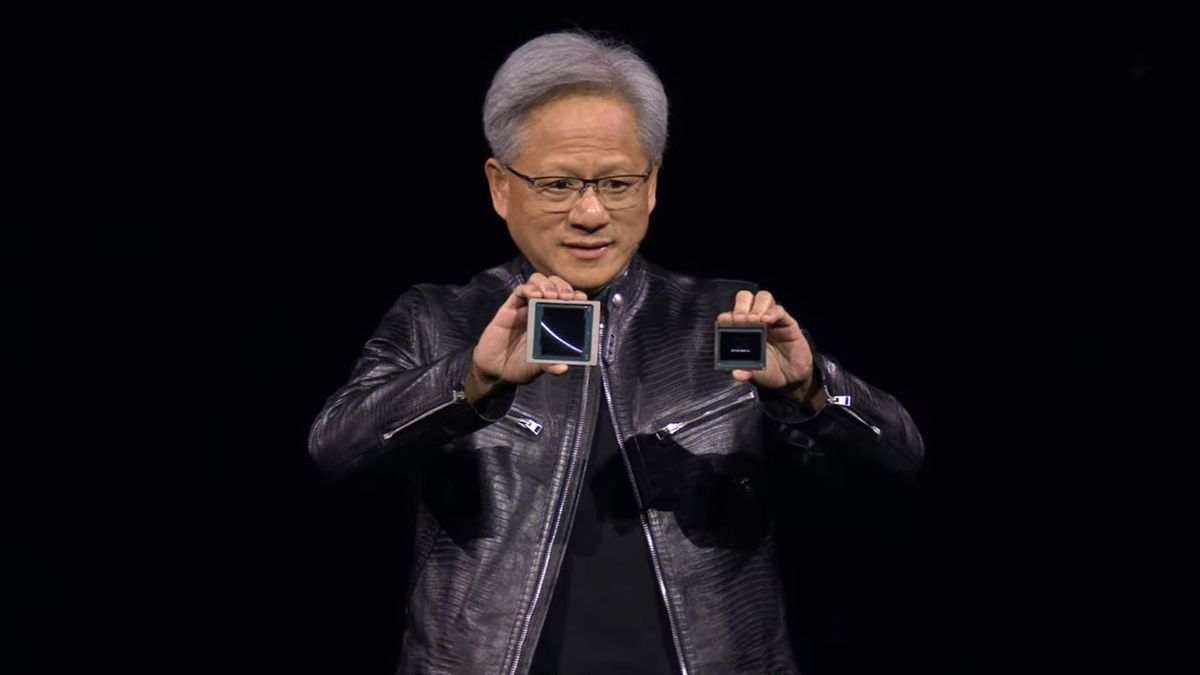Sources from both Nvidia and Microsoft reportedly confirm that Nvidia is delaying its upcoming Blackwell AI GPUs from the expected fourth-quarter launch to potentially the first quarter of 2025. Two anonymous sources who worked on the chip itself and its server hardware first released this news, while Bloomberg allegedly corroborated it with its unnamed contact at Microsoft.
The news is a surprise as Nvidia had just delivered engineering samples earlier this week, with the B100 and B200 seemingly on track for a late 2024 release. The delay means that large customers like Microsoft, Meta, and xAI—which aims to purchase 300,000 B200 GPUs—would likely have to wait until 2Q25 at the earliest before Nvidia could fulfill their massive orders.
Meta has already doubted Nvidia’s capability to deliver the Blackwell GPUs in 2024, saying it did not expect to receive shipments of Nvidia’s new flagship GPU this year. The sources claimed design flaws, so it’s better to delay the release of a product to work out the kinks, like AMD did with the Ryzen 9000, than to suffer a catastrophic chip failure after launch, like the instability issues that Intel is suffering with the 13th—and 14th-generation Core processors.
Getting it right the first time is crucial for Nvidia, especially as its AI Superchips cost up to $70,000 apiece, and a complete server rack costs $3,000,000 or more. With the company expecting to sell between 60,000 and 70,000 complete AI servers, it cannot afford to make a significant mistake that would cause it to lose the confidence of its customers and the lawsuits that would follow.
Another reason that Nvidia can take its time to launch its next-generation GPUs is that it stands alone in the data center GPU market, having owned 98% of the market in 2023. Even if AMD manages to produce a competing AI product that performs as well as Blackwell, reaching market share parity with Nvidia will take some time.
Team Green cannot rest on its laurels, though, as even its biggest customers, like Amazon, Google, Microsoft, and OpenAI, are investing in hardware research to build their own AI products in-house. It means that Nvidia must ensure that it will deliver Blackwell to customers within the expected time frame to retain its lead as one of the most valuable companies in the world.

